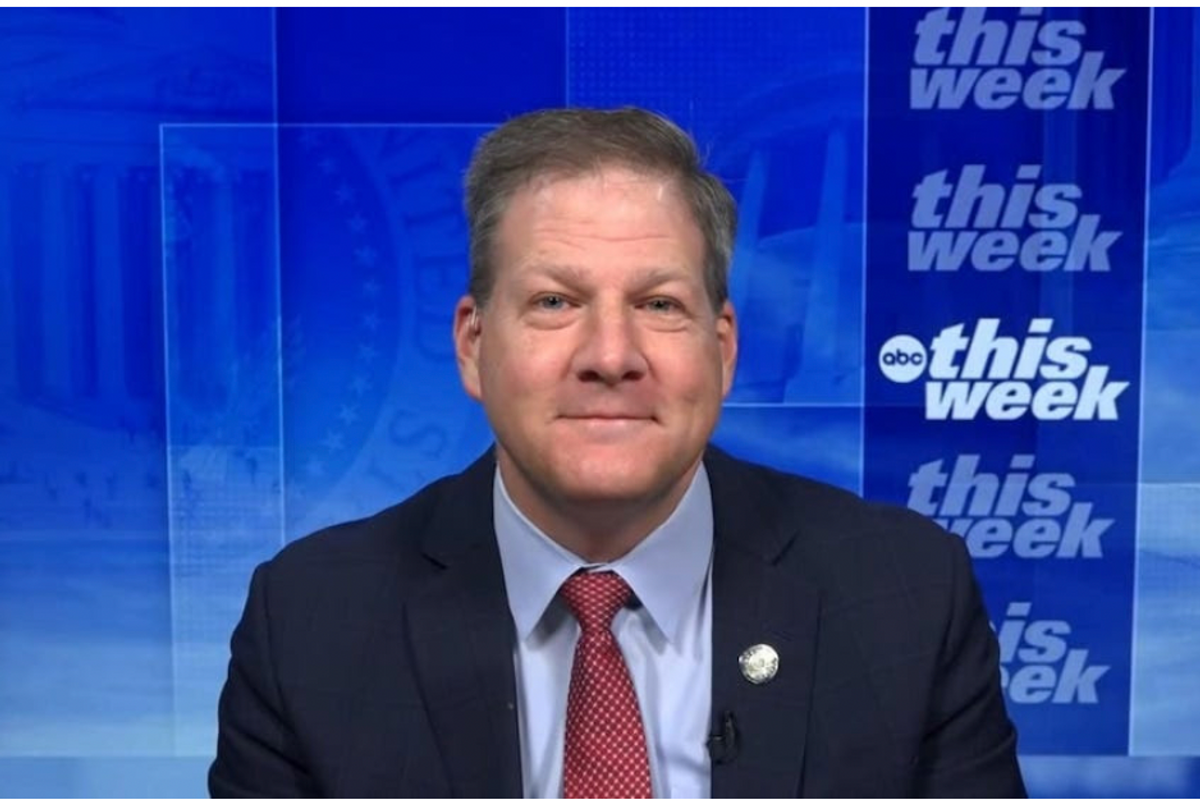
WASHINGTON — In this election, we’re not having an argument that pits capitalism against socialism. We are trying to decide what kind of capitalism we want. It is a debate as American as Alexander Hamilton, Andrew Jackson, and Henry Clay — which is to say that we have always done this. In light of the rise of inequality and the financial mess we just went through, it’s a discussion we very much need to have now.
The back-and-forth about Bain Capital, Mitt Romney’s old company, is part of something larger. So is the inquest into the implications of multibillion-dollar trading losses at JPMorgan Chase. Capitalism can produce wonders. It is also capable of self-destruction, and it can leave a lot of wounded people behind. The trick is to get the most out of what capitalism does well, while containing or preventing the problems it can cause.
To describe this grand debate is not to deny that President Obama’s campaign has some, shall we say, narrower motives in going after Bain. Obama’s lieutenants need to undermine Romney’s claim that his experience in the private equity business makes him just the guy to get our economy back on track.
The Bain conversation has already been instructive. Romney’s friends no less than his foes have had to face the fact that Bain’s purpose was never about job-creation. Its goal was to generate large returns to Bain’s partners and investors. It did that, which is why Romney is rich.
Romney wants to focus on the positive side of his business dealings that did create jobs. He wants to brag about the companies Bain helped bring to life, among them Staples, Sports Authority and Domino’s.
That’s fair enough. But having made an issue of Bain on the plus side, he also has to answer for the pain and suffering — or, as defenders of capitalism like to call it, the “creative destruction” — that some of Bain’s deals left in their wake.
This leads naturally to the question of how creative the destruction wrought by our current brand of capitalism actually is. Since the dawn of the leveraged buyout era three decades ago, many friends of capitalism have questioned whether loading companies with debt as part of these deals is good for companies and for the economy as a whole.
Does this approach cause unnecessary suffering among the employees of the companies in question and the communities that often lose plants and jobs as a result? Sucking pension and health funds dry to aggrandize investors seems less like a creative act than a betrayal of workers who made bargains with their employers in good faith.
More generally, while some of the innovations in the financial sphere have been beneficial to growth, it’s far from clear that this is true of all or even most of them. Some of them helped cause the downturn we are still trying to escape and created incentives for the dangerous risk-taking that led to JPMorgan’s troubles. And there’s little doubt that our new financial system has transferred wealth from other sectors of the economy to the people at the top of the financial business.
Vice President Joe Biden’s speech last week in Youngstown, Ohio, drew wide attention for its criticism of Romney as someone who just doesn’t “get it.” But when Biden moved beyond Romney, he offered an energetic broadside against the new world of finance, and he picked the right venue to make his case: a noble blue-collar town that has been battered by the winds of globalization and economic change.
“You know the difference between having an economy that makes things that the rest of the world wants, and having an economy that is based on financialization of every product,” Biden told his listeners. “You know the difference between an economy … that’s built on making things rather than on collateralized debt, creative credit-default swaps, financial instruments like subprime mortgages. That’s not how you build an economy.”
Romney, by contrast, is wary of dismantling any of these nifty new Wall Street inventions, one reason why he wants to repeal the Dodd-Frank financial reforms.
We need to have this great national argument. To borrow a term pioneered by Germany’s Christian Democrats, we can try to build a social market. Or we can have an anti-social market. An election is the right venue for deciding which it will be.
E.J. Dionne’s email address is ejdionne@washpost.com.
(c) 2012, Washington Post Writers Group


